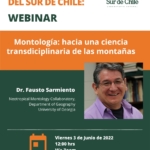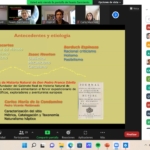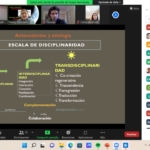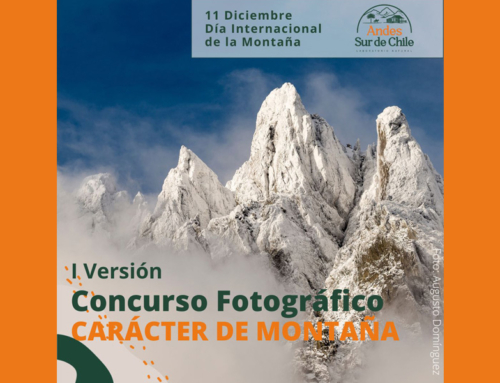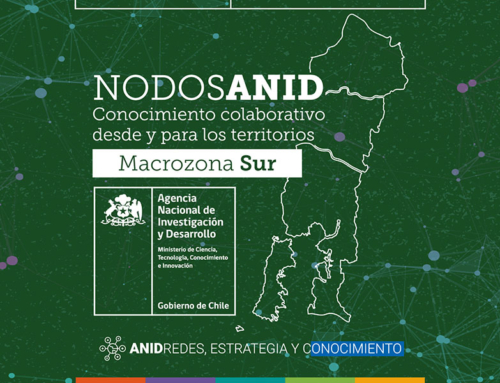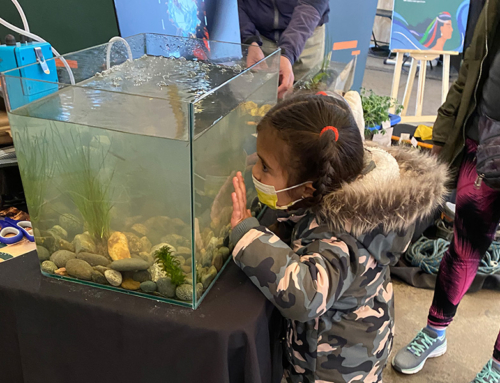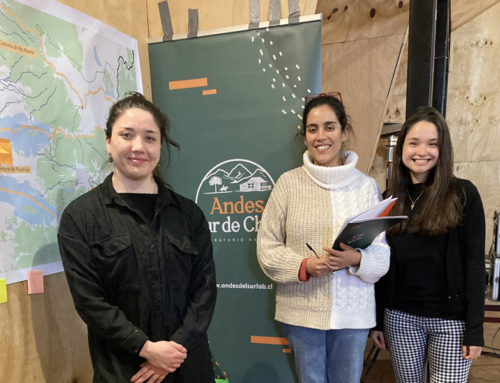On Friday, June 3, we were honored to have Dr. Fausto Sarmiento in our latest webinar. Montology, a mountain perspective towards transdisciplinary research and sustainable development was extensively addressed in this talk.
According to the Revista de Investigacions Altoandinas,(https://redib.org/Record/oai_revista2205-revista-de-investigaciones-altoandinas–journal-high-andean-research), “mountain regions face decisive challenges, not only for their sustainable development but also for their very reproduction. These challenges have to do with the increasingly serious impact of climate and environmental change, the incidence that socio-economic and cultural globalization has on mountain populations and the ecosystems they inhabit, as well as the effects of urbanization on mountain agriculture”.
The talk was given by montology expert Dr. Fausto Sarmiento, who is a professor of Mountain Sciences in the Department of Geography at the University of Georgia. He is also a Courtesy Professor in the School of Ecology and an Honors Faculty mentor. Previously, Dr. Sarmiento served as Co-Director of the Center for Latin American and Caribbean Studies and as Director of the Office of International Education.
The professional has been involved in important processes of disciplinary and institutional change to promote sustainable development in mountain environments and in the restructuring of evaluation criteria used for landscape conservation in the Tropical Andes. He is currently Assistant Vice Chair (Capacity Building) of the Mountain Biome of the World Commission on Protected Areas (WCPA) and a member of the Protected Landscapes Working Group at the World Conservation Union (IUCN). He has published widely with over fifteen books and a few dozen journals devoted to higher education, mountain research, biodiversity conservation, environmental planning, ecological theory and mountain community development. He is a consultant to UNESCO and IUCN on issues related to the conservation of mountain ecosystems and cultural landscapes.
Review the article written by Fausto Sarmiento
here
